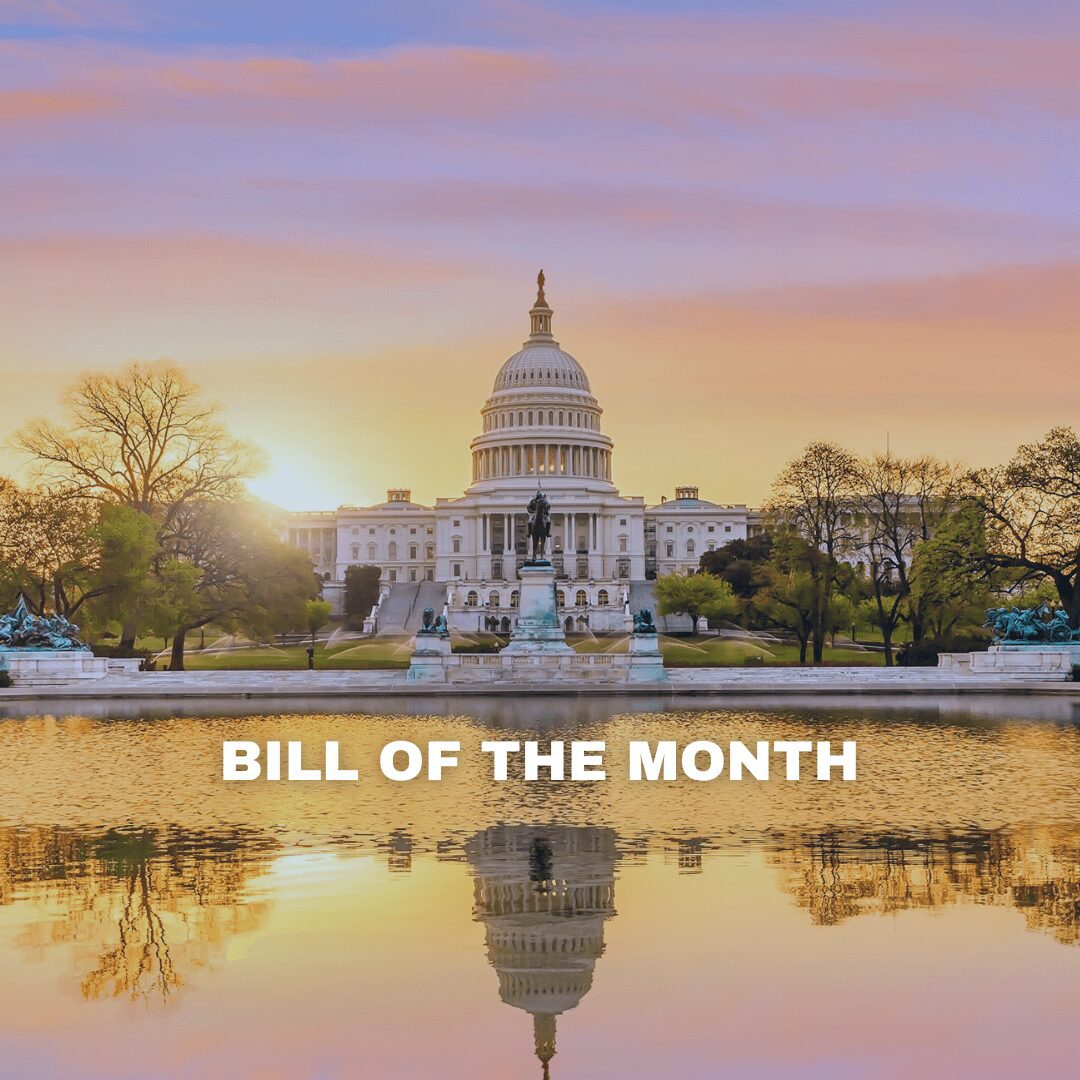
September Federal Bill of the Month – S. 5242 – Saving Privacy Act
Michael Mohr-Ramirez
September 26, 2024
Sponsors: Sens. Mike Lee (R-Utah) and Rick Scott (R-Fla.)
S.5242 – Saving Privacy Act:
The Saving Privacy Act (SPA), introduced by Sens. Mike Lee (R-Utah) and Rick Scott (R-Fla.), would scale back the Federal government’s ability to surveil Americans’ financial records and information.
Specifically, it would repeal the Bank Secrecy Act’s suspicious activity report (SAR) and currency transaction report (CTR) reporting requirements. It would repeal the Corporate Transparency Act and bolster Fourth Amendment warrant requirements in the Right to Financial Privacy Act of 1978. Additionally, it would repeal the U.S. Securities and Exchange Commission’s (SEC) Consolidated Audit Trail (CAT) database and require congressional approval for establishing new databases containing identifiable information of U.S. citizens.
SPA would also prohibit the creation of a Central Bank Digital Currency (CBDC) and require congressional authorization for major financial regulations. Importantly, the bill would enact penalties for federal employees illegally seeking Americans’ personal financial information and establish a private right of action for Americans and financial institutions harmed by agency overreach.
If is for these reasons, among others, that TPA is pleased to make the Saving Privacy Act its Bill of the Month for September 2024.
Background:
Over the last several decades, the Federal government has vastly expanded its surveillance capacity over Americans. This includes the collection of personal financial records. Enacted in 1970, the Bank Secrecy Act (BSA) required financial institutions to assist the federal government in deterring money laundering. It authorized the U.S. Treasury Department to impose these regulations on financial institutions, including keeping records of cash purchases of negotiable instruments. BSA further required financial institutions to file reports of cash transactions exceeding $10,000 (daily aggregate amount), and to report suspicious activity that might signify money laundering, tax evasion, or other criminal activities. CTRs are the ensuring reports from financial institutions to the Financial Crimes Enforcement Network (FinCEN).
In 1992, the Annunzio-Wylie Anti-Money Laundering Act was enacted as part of the Housing and Community Development Act of 1992, beginning the requirement for FIs to submit SARs.
During FY23, nearly 300,000 financial institutions submitted 25.4 million SARs and CTRs to FinCEN. However, Internal Revenue Service Criminal Investigations (IRS-CI), and Federal Bureau of Investigations (FBI) cases involving SARs accounts for less than 0.3 percent of all FY23 SARs. On the other hand, 99.7 percent of reports contain the personal financial information of Americans who have committed no crime.
To make privacy concerns worse, the SEC, without congressional approval, has been developing the CAT under Rule 613, with the intention of tracking all activity throughout U.S. markets. This system records every stock market transaction, including personally identifiable information, for the 61 percent of Americans who own stock.
As technology develops and more Americans have digital access to financial institutions and stock markets, this concerning trend will only become worse without congressional action.
